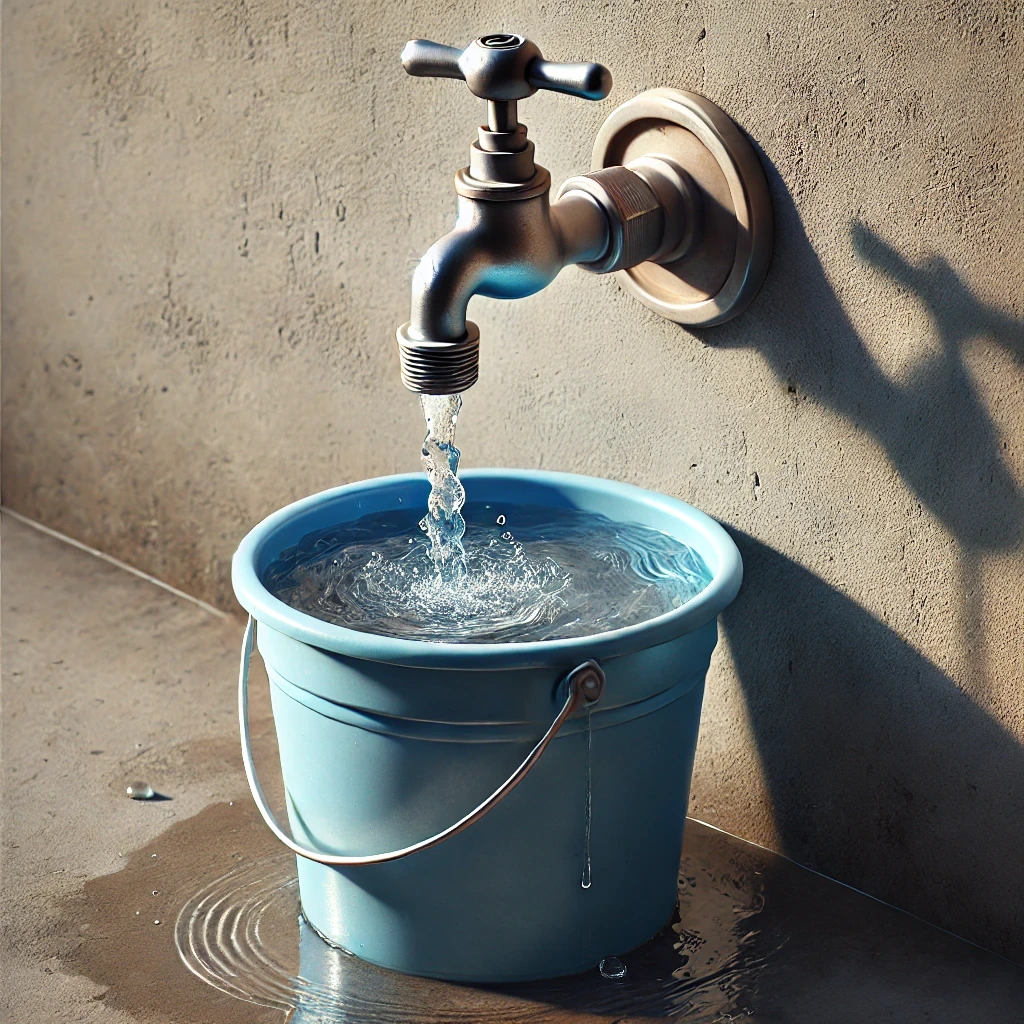December 19, 2024 | New Delhi
Official reports indicate that 79% of rural households across India have gained access to tap water connections, yet over 4 crore rural homes remain without this basic necessity. The Centre has called upon states lagging behind to intensify their efforts in meeting the ambitious targets set under the Jal Jeevan Mission.
Speaking at a press briefing on Thursday, Union Jal Shakti Minister C.R. Paatil acknowledged that the 2024 deadline for universal rural tap water coverage has passed. “Despite substantial progress, there is still a significant gap to fill. Approximately 4 crore households are yet to receive tap water connections. We are actively coordinating with the concerned states to expedite this process and achieve comprehensive coverage as soon as possible,” the Minister stated.
The Jal Jeevan Mission, launched in 2019, aimed to ensure tap water access to every rural household by 2024. Official statistics reveal that out of 19 crore identified rural households, 15,37,22,950 have received tap water connections, marking a nationwide coverage rate of 79%. However, disparities in coverage persist among states, highlighting the challenges in achieving uniform access.
States with Low Coverage
Among the states, West Bengal has the lowest coverage, with only 53.9% of rural households connected to tap water. Kerala follows closely with 54.13%, while Jharkhand and Rajasthan report coverage rates of 54.62% and 54.95%, respectively. These states are now under increased pressure to accelerate implementation and bridge the gap.
“West Bengal’s performance has been a particular concern,” noted the Minister. “We are closely monitoring their progress and providing necessary assistance to overcome bottlenecks.”
In contrast, eleven states and union territories, including Goa, Telangana, and Puducherry, have successfully achieved 100% coverage under the mission, serving as benchmarks for others to emulate.
Focus on Collaboration and Accountability
The Ministry of Jal Shakti has been actively engaging with state governments to identify and resolve hurdles impeding progress. These discussions include addressing funding challenges, infrastructure limitations, and ensuring quality standards for water supply systems.
“We are not just focused on numbers but also on ensuring the sustainability and reliability of these water connections. States must prioritize long-term solutions and maintenance,” the Minister emphasized.
To support underperforming states, the Centre has pledged additional resources, technical expertise, and policy guidance. This collaborative approach aims to streamline project execution and fast-track pending installations.
Uninterrupted water supply in every rural home:
Despite the challenges, the Jal Jeevan Mission has made significant strides in transforming rural water access in India. Since its inception, the initiative has empowered millions of rural households, reducing dependency on unsafe water sources and improving overall public health outcomes.
“The journey does not end with providing a connection,” the Minister remarked. “Our focus will now shift toward monitoring functionality and ensuring uninterrupted water supply in every rural home.”
Looking ahead, the government remains committed to closing the gap. States with lower coverage have been urged to adopt innovative strategies and collaborate with local stakeholders to achieve faster results. Public awareness campaigns and community involvement are also being emphasized to ensure active participation in the mission.
Status of the Mission
The Jal Jeevan Mission’s achievements so far have underscored the transformative power of coordinated efforts in improving rural infrastructure. By enhancing access to clean water, the program has not only elevated the quality of life in rural areas but also empowered women and children, who traditionally bear the burden of fetching water.
However, experts caution that sustaining these gains will require consistent investments in operation and maintenance. “While the mission’s progress is commendable, ensuring long-term functionality of water systems will be crucial for realizing its full potential,” a senior official from the ministry commented.
As the Centre continues its push for universal tap water access, the focus remains on achieving equitable distribution and addressing the disparities among states. The mission’s success will ultimately hinge on the collective resolve of all stakeholders to deliver on this essential promise of development.
The Jal Jeevan Mission stands as a testament to India’s commitment to inclusive development. While significant progress has been made, the journey toward universal tap water coverage is far from over. The Centre’s renewed call to states underscores the urgency of the task at hand, as millions of rural households await access to this basic necessity. With sustained efforts and collaborative approaches, the vision of providing clean water to every rural home can become a reality.






